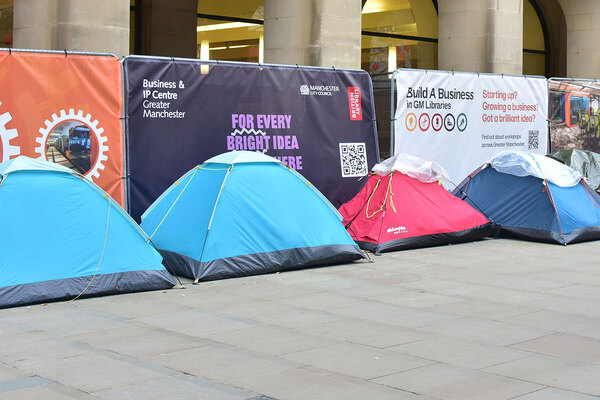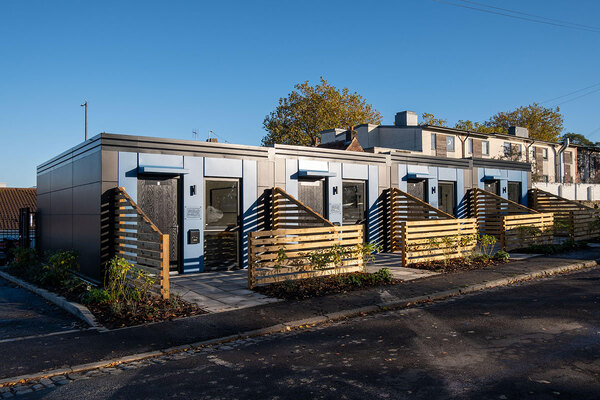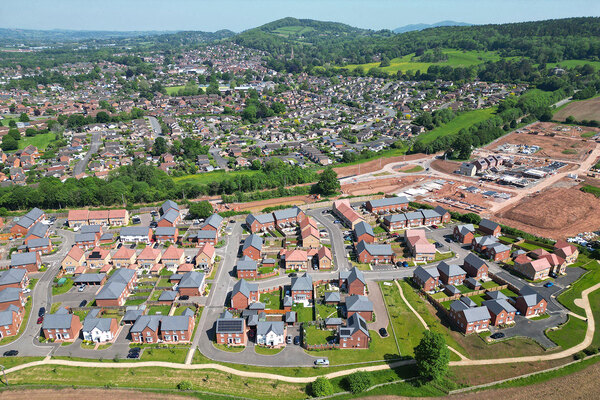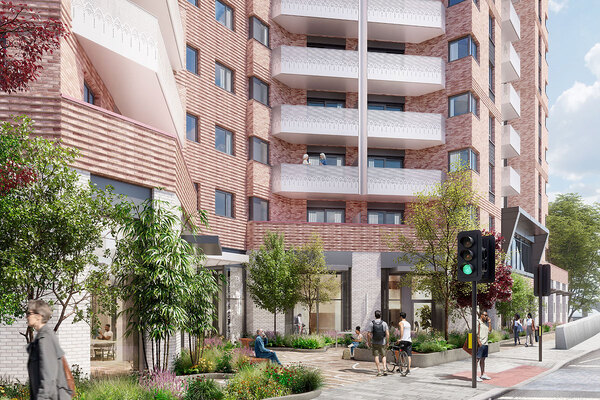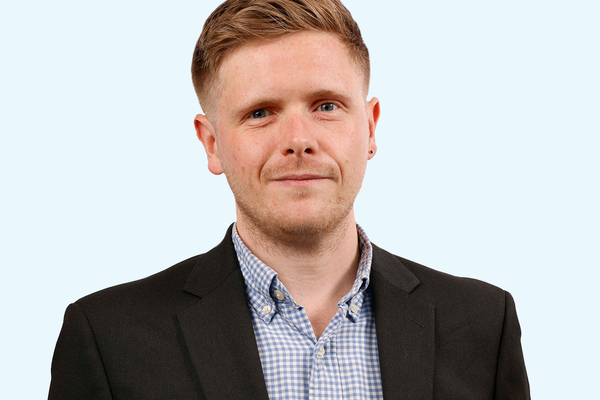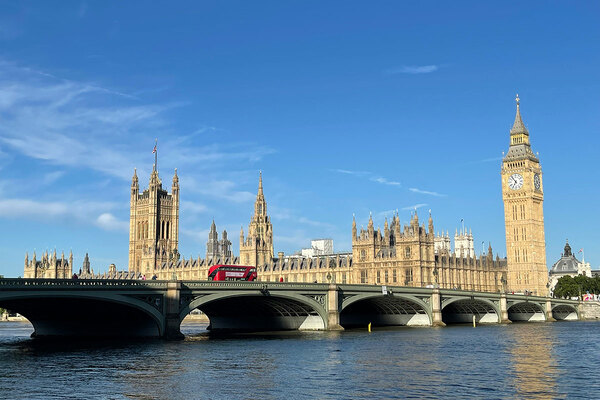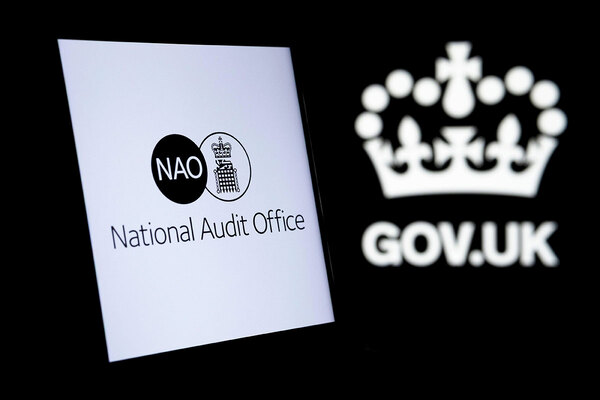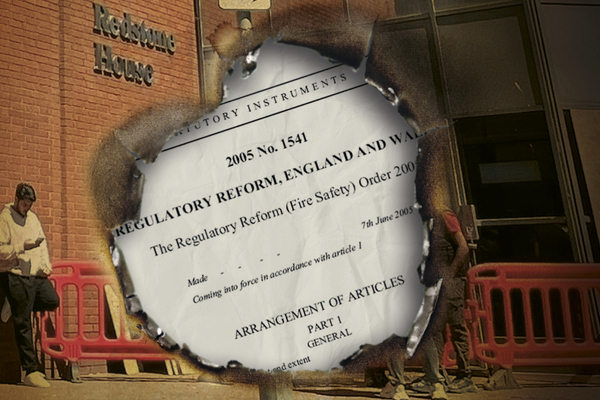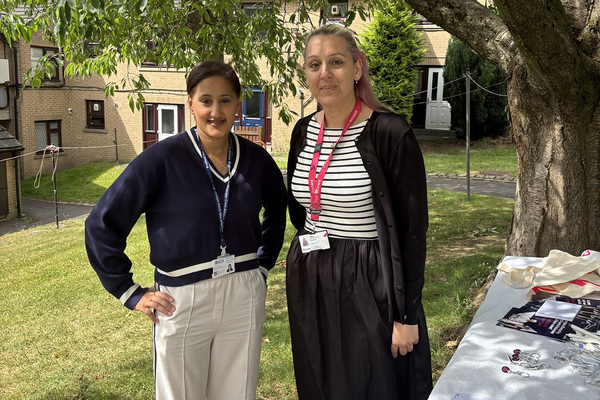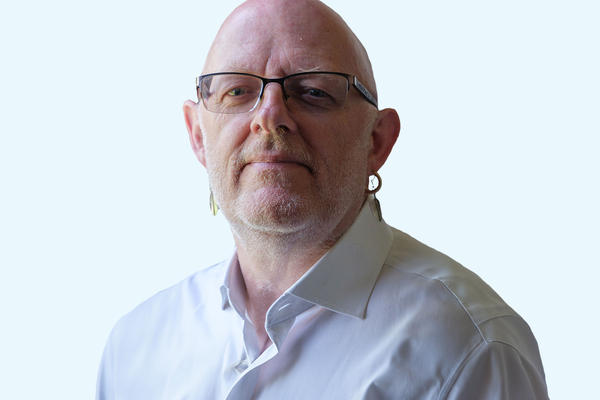You are viewing 1 of your 1 free articles
Brighton man who died in Eastbourne hotel came up against ‘circular’ homelessness system, inquest hears
A man from Brighton who died after being sent 22 miles down the coast to a hotel in Eastbourne encountered a “circular” homelessness system, an inquest has heard.
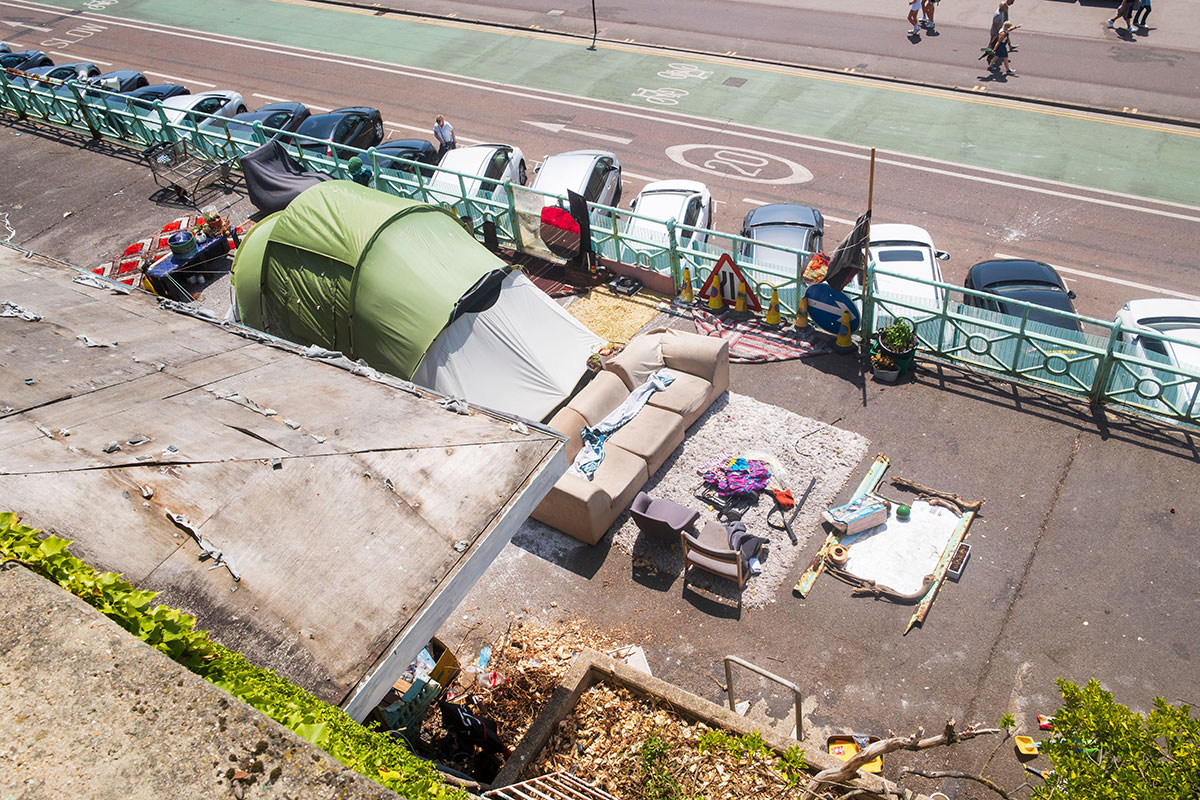
Daniel Ginsberg, 60, was found dead in his room at the Ellesmere Hotel in Wilmington Square on 6 May, but had passed away “some time prior”, the coroner’s court in Lewes heard this week.
Hotel staff said they had not seen him for weeks, and senior coroner Fiona King said a post-mortem had been unable to find a cause of death due to the “severe decomposition” of Mr Ginsberg’s body.
Mr Ginsberg was placed at the hotel by Brighton & Hove City Council (BHCC) in January, and was one of two men who died at the Ellesmere within the space of a week. Stephen Carr, 38, was found dead on the morning of 28 April.
Ahead of the inquest, Peter Diplock, deputy leader at Eastbourne Council, had written to Ms King accusing BHCC of “directly influencing” the deaths of two homeless men by “exporting them” out of the borough.
Ms King did not say being placed out of Brighton had directly contributed to either death. However, in the case of Mr Ginsberg, the coroner did highlight the “difficulties” he encountered in his housing arrangements.
The coroner said he was sent to the Ellesmere because BHCC’s system did not see him “a priority” for temporary housing in Brighton, due to him not having children or being registered with any local support services.
His move was also considered appropriate as he had been a victim of “cuckooing” in Brighton, where a vulnerable person’s room or flat is taken over, often for drug dealing.
“His homelessness prevention officer at BHCC attempted to arrange a permanent placement in new accommodation but he was turned down on the basis of his needs being too high,” Ms King said.
Mr Ginsberg turned to BHCC in 2023 after the supported housing he had lived in for a decade closed. Run by the YMCA and located in Portslade, just west of Brighton, it was shut due to the building being sold.
After he was told to leave the YMCA, the council accepted it owed Mr Ginsberg a relief duty and he was offered interim accommodation at the West Pier Residence in Brighton.
He was evicted for smoking in his room in September 2024, and was then moved to another property on Grand Parade.
But in January 2025, he was evicted again after allowing visitors into his room. Dina Bouggeurache, a homelessness prevention officer at BHCC who made his initial housing advice application, told the court he had actually been a victim of cuckooing and that he had been robbed.
The officer said she thought Mr Ginsberg needed supported accommodation and submitted a referral for him, but he was rejected by the panel due to his needs being “too high”.
Mr Ginsberg was then moved out of Brighton to the Ellesmere Hotel near the seafront in Eastbourne, which is used as out-of-area temporary accommodation by BHCC.
Once he was there, Ms Bouggeurache sent a referral to East Sussex County Council’s (ESCC) adult social care team in January to try and get him a place in a residential care home, believing this would be the best housing option for him.
This referral was chased in February, but Ms Bouggeurache did not hear back until March when ESCC told her they had found it difficult to contact Mr Ginsberg.
“I said I was concerned about him, I highlighted his history of falls and history of self-neglect,” she told the court.
The coroner questioned Ms Bouggeurache over who held responsibility for Mr Ginsberg once he had been moved. The court heard ESCC’s adult social care team had a “duty of care” while BHCC remained responsible for his housing needs.
“It’s circular, it goes round in a circle”, Ms King remarked, adding: “Once he arrives in Eastbourne it becomes a problem for Eastbourne. What is the option for you to say you need to bring him back to Brighton?"
Ms Bouggeurache said that it was not possible due to the lack of accommodation available at the time, and because of his evictions from two other placements. She later said Mr Ginsberg had also never requested a move back.
“In terms of my involvement, I’m not sure there was any additional referral I could have made,” she said.
The court heard a statement from Mr Ginsberg’s friend, Debra Jagniaszek, who described how he had seemed “more settled” when he was living at the YMCA and she was shocked when she spoke to him in 2024 to find he was staying in a Brighton hotel.
Paying tribute to Mr Ginsberg, Ms Jagniaszek said he was “funny, chatty, cheerful and totally unreliable”. He had lived in Brighton for around 20 years.
“His friends were there, everything he was used to was there. Alone in Eastbourne, he didn’t stand a chance,” she said.
Mr Carr, a landscape gardener, tragically died less than three weeks after being released from prison.
Mr Carr was not sent to the Ellesmere by BHCC but had gone to stay in his stepfather Tony Carr’s room, and the council was not aware he was there, the inquest heard.
Tony Carr was being temporarily housed at the Ellesmere by BHCC due to a serious bedbug infestation at his flat at Kingfisher Court in Whitehawk, near Brighton.
Mr Carr’s stepfather found his son at about 8am on 28 April. Ms King ruled his death was caused by a heart attack after taking cocaine and a mix of other drugs.
Asked why Mr Carr’s stepfather was placed in Eastbourne, BHCC housing lawyer Simon Court said it was simply a “lack of availability” in housing, and that between 150 and 160 households were presenting as homeless each month.
Mr Court said 19% of Brighton’s homeless placements were out of area compared with the national average among councils of 30%.
“In this case I don’t find that the accommodation in itself affected Stephen’s death,” said Ms King. She added there may have been a “naivety” in him taking too strong a dose of a drug after coming out of prison.
Speaking after the inquest, Gill Williams, cabinet member for housing at Brighton & Hove City Council, said: “First and foremost, our condolences remain with the friends and family of Daniel Ginsberg and Stephen Carr. Both cases are very sad.
“We try to avoid placing people out of area wherever we can and work hard with our partners to connect people with the support they need when we do. Sadly, in Daniel’s case, he did not get the support he needed, despite the hard work of our housing team.
“The Safeguarding Adults Board in Brighton & Hove is working with us and our partner agencies across the region to develop guidance on how we can best support vulnerable households placed out of area and we are committed to doing all we can to make sure that services work better together to provide the tailored support people in crisis need.”
Sign up for our homelessness bulletin
Already have an account? Click here to manage your newsletters
Latest stories
